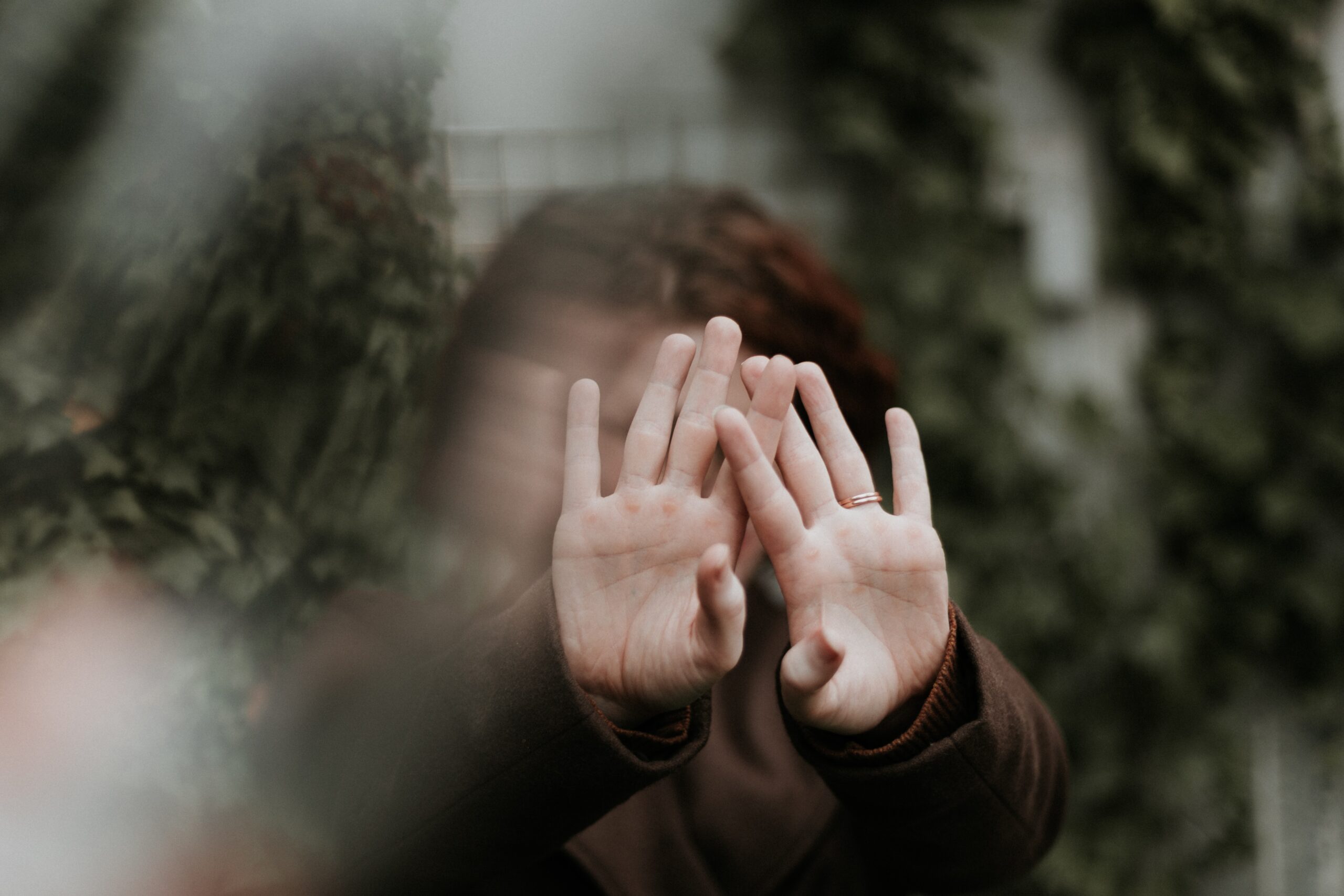The Illusion of Control: Stop Lying to Yourself
The world is random, we are powerless, and why it’s time to accept that.

Unpacking the Illusion of Control
The idea of being “in control” is a funny thing. For starters, we can’t control anything other than our emotional response to a situation. While knee-jerk reactions are a real thing, we’re in charge of whether they get to stick around or not. And that’s the end of us being able to control anything, if we can go as far to even say that’s control.
We think we’re in control when we make decisions about our lives, but therein lies the illusion. We “control” the choice, sure, but we’re powerless over the consequences of that choice.
Hence, the need to continue making further choices to navigate a situation. That’s not control, which would be proactive if it was possible. That’s responding, and it’s reactive. The opposite.
Another way of looking at choice and control: I’m a teacher. I choose to behave in a way that I think best creates a space where my students will be successful. I’m not in control of their success, though. They choose to engage with me in the space we create to achieve their success.
Every period, it’s at least 25-to-1, and most of them are bigger than I am. If they didn’t choose to manage their behavior, I would be powerless to stop them.
I have the illusion of control only because they’ve graced me with their choice to cooperate.
And this isn’t one of those “you’re not in control because God is in control” kinds of things. There’s nothing wrong with believing that, of course, and honestly, it helps make the point a little, too, but we’ll get to that nugget.
First, let’s look at why we feel the need to control and even why we think we have that power.
Randomness Terrifies Us
In order to feel safe, we need to feel like we have some sort of control over our surroundings. We need to feel like random, awful things don’t just happen to random, decent people.
To create that myth, our brains try to come up with reasons to “justify” why a thing happens to someone. If it can be justified, then surely we’ll be fine if we just don’t do that thing someone else did.
Science says that’s all bullsh*t, though.
I live in Memphis, TN, where two major stories broke out into national and international news last September (2022) that cut straight to my point.
Example #1 — Eliza Fletcher
You might be familiar with the name, as her story went global. Well-loved, beautiful, and from a wealthy family, 34-year-old Eliza was enviable.
If you missed it, Eliza Fletcher, wife, kindergarten teacher, and mother of two, was abducted on her morning run on September 2nd, 2022. The man who took her, Cleotha Abston Henderson, 38, was released from prison in 2020 after serving a 20-year sentence for kidnapping an attorney.
I’ll spare you the horrific details of what he did to her.
When she disappeared, the immediate public response was that her husband killed her for her money. That’s got to be it, right? Isn’t it always the husband?
When it wasn’t the husband, the victim shaming began. It was vile the way people blamed her for her own death by saying things like
- …she shouldn’t have been out so early/alone.
- …she should have carried pepper spray/a gun.
- …she shouldn’t have worn an outfit like that.
The way that people made it Eliza’s fault that she was abducted and brutalized was sickening. Henderson made that choice, not Eliza.
On no planet should Eliza have had to worry that she’d be abducted while running, no matter the conditions.
But hold that thought, please. Here’s another incident to consider.
Example #2 — Ezekiel Kelly’s Shooting Rampage
Only a few days after Eliza’s body was found behind a vacant complex and Henderson was arrested, Ezekiel Kelly, 19, went on an hours-long shooting spree, killing 4 people and injuring 3 others. He was supposed to be serving a 3-year sentence for other crimes committed in 2020, but he was released after serving only 11 months.
He literally shot a man in the head around 1am on Wednesday, September 7th, and left him dead in a driveway.
At 4:38p that afternoon, officers responded to a man found shot multiple times in his vehicle at a gas station. Cameras in the area caught Kelly driving up beside the man and unloading on him.
A few minutes later, Kelly shot at a woman, hitting her in the leg. Just before 6p, Kelly walked into an AutoZone, live-streaming on Facebook, and shot a man, leaving him in critical condition.
At 7:23p, he carjacked a mom of 3, shooting her in front of her daughter, leaving her and her siblings orphaned. Then he drove off in their car, and a minute later, cops were responding to a man who’d been shot down the street.
At 8:55p, a woman was gunned down. A minute later in neighboring Southaven, Mississippi, a report came in of a carjacking where the victim was left unharmed. Two minutes later, police were finally able to contain Kelly.
When Kelly was apprehended, pictures hit the news of him grinning ear-to-ear from the back of a squad car, pleased with himself.
For hours, the city hunkered down.
Sightings were supposedly all over the place, so we didn’t dare go outside for fear he was close. Businesses closed. Public transit froze. A minor league ballgame let out early. The city issued a “shelter in place” notice.
None of those people killed or injured were at fault. They were going about their days, minding their business, and then Kelly started making choices.
Completely random choices his victims had no control over. And that’s why it’s scary.
He just picked people going about their day and shot them. Eliza was just jogging.
Processing the Random — Spoiler Alert: We Don’t.
In Eliza’s case, the noise was immediate that she was somehow responsible, that her husband was responsible, that she was being targeted for her wealth. None of those things ended up true, and it left people terrified.
The truth? Henderson made a choice.
If there’s no reason for her abduction and murder, and it’s all completely random, then we can’t process it. Denial. We ultimately end up dismissing it, her, because we need to feel like we’re in control of our own lives.
We need to feel like the Cleotha Abston Hendersons of the world won’t do the same to us for no reason. Accepting this random thing happened flies in the face of that.
The same with the victims of Ezekiel Kelly. Seven people were shot, and 4 were killed. Totally random. All over the city. Just wild-wild-westing it out there.
Shut Up, Brain.
Our brains crave control. They don’t like it when the established patterns are interrupted, or worse, overthrown. If it gets bad enough, we kick the information out.
Understanding cause and effect is a survival technique. If we know what caused a thing — her little shorts or a greedy husband — then we can convince ourselves that we can avoid the causes and, of course, the effects.
But that’s crap. Eliza’s shorts didn’t get her killed. A mom wasn’t shot in front of her daughter because they stopped for gas. We can do our best to be aware and prepared, but we can’t actually control the dangers around us through our choices. Our choices aren’t the only ones being made.
We don’t want to hear that, though.
The Finish Line
Psychology examines how we need to feel like there’s more to life than a series of random events, but doing so brings us to a place of self-harm.
Because we need it to make sense, we blame ourselves (and others) for the problems that are actually just “bad luck,” if you will. For the religious, this might look like the belief that God is punishing you/us for some wrongdoing.
When we choose to believe that “everything happens for a reason,” it forces us to look for reasons. We need to know that X caused Y so that we can avoid doing X.
But what was Eliza’s X that caused her death? There wasn’t one.
It was senseless and random.
Circle back; this is where some people find comfort in the “let go and let God” belief. It’s a compromise that says, “I realize I’m not in control of this random world where teenagers go on shooting sprees, but I trust in this benevolent being to handle it for me.”
But if a benevolent being is in control of it all, what X caused those 4 people to deserve to be “the chosen ones” that night?
This isn’t an argument against religion. I want to make that clear. Do what brings you comfort because we’re all just trying to make it through the chaos.
What I’m proposing is instead of taking comfort in the illusions of control we create, why not just accept that there is no real control? Although the thought of the world and life being completely random is terrifying, making peace with that fact can be empowering.
Arguably, knowing that we can’t control the choices of the Cleotha Hendersons and Ezekiel Kellys of the world could create a sense of paranoia in some, but remember — the one thing we are in control of is our emotional responses. If something causes paranoia, it’s because we chose that.
But if we choose to accept the randomness, we’re liberated from self-blame and constant worry. I’m not saying it’s easy. We’re hard-wired against it, even. But think of the ways that we would begin to lift one another up if we truly accepted that our survival was linked to one another’s choices.
Thank you for reading. I know that was kind of a long one. It’s a fascinating, complex topic. For another “unpopular opinion” piece, check out
Learning Authentic Love through The Art of Detachment
How to set boundaries, love purely, and conquer the pain of loss with loving detachment.
Photo by Paul Gilmore on Unsplash





One Comment
Pingback: